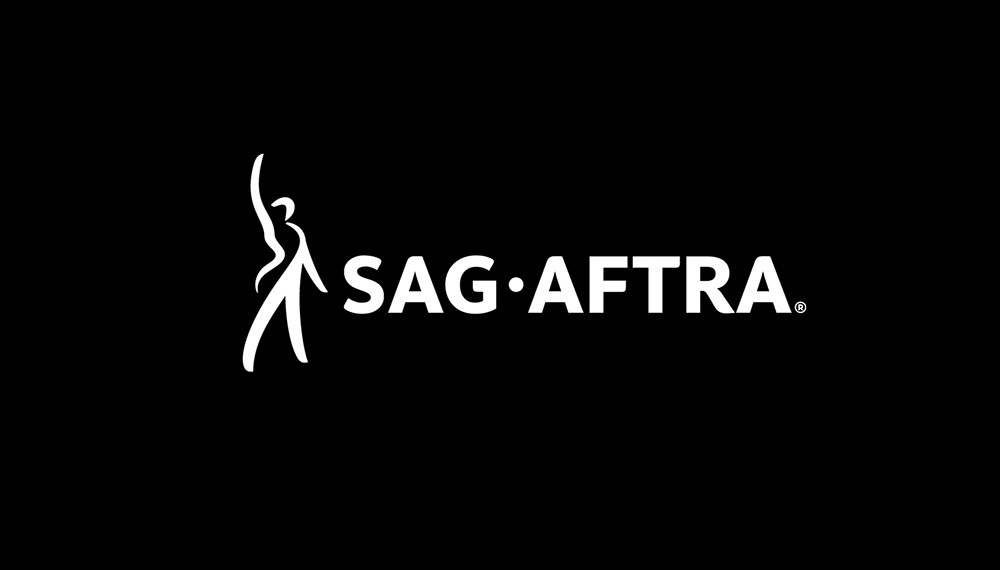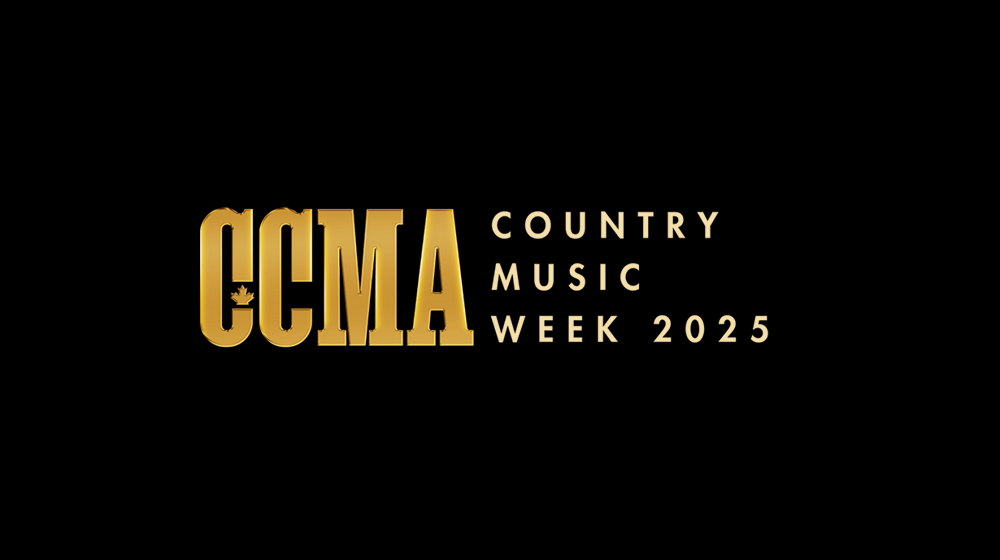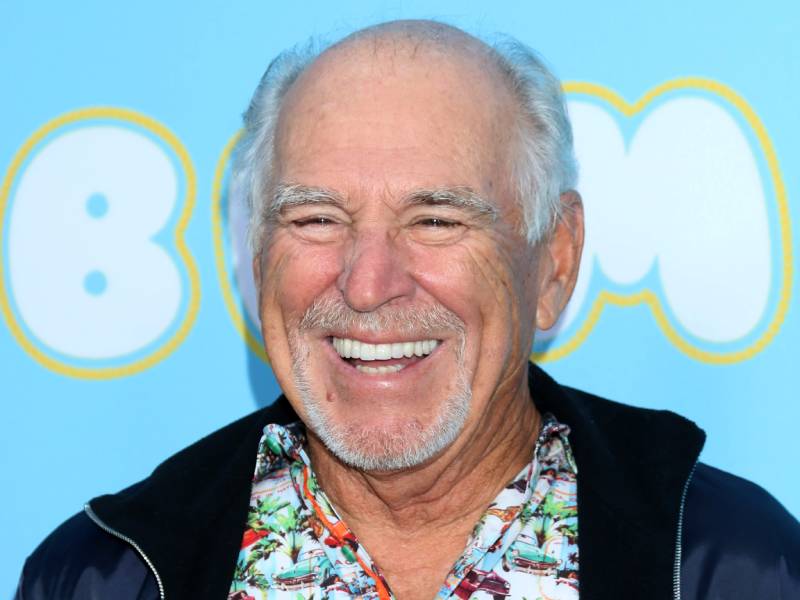
WASHINGTON (AP) — The Federal Communications Commission told an appeals court Tuesday that it has the legal right to draft new media ownership rules.
The FCC's 126-page filing was its formal response to a lawsuit filed last summer against the commission's new rules. The 3rd U.S. Circuit Court of Appeals in Philadelphia on Sept. 3 blocked the rules and said it would hear arguments on their legality.
The commission has "adjusted its broadcast ownership rules in recent years to take account of developments in the media marketplace, including the significant increase in the number of broadcast outlets and the advent of competing video programming providers," the FCC brief said.
"The Supreme Court has emphasized time and again that the commission's power to adopt and revise broadcast ownership rules in the public interest in both wide-ranging and flexible."
In June, the Republican-controlled FCC voted 3-2 along party lines to allow a single company to own newspapers and broadcast outlets in the same city and to allow one company to own TV stations reaching 45 percent of the nation's viewers.
Opponents challenged the rules in court, fearing they would lead to greater media consolidation.
Both houses of Congress voted to roll back one of the FCC rules and limit one company to owning TV stations reaching 35 percent of the nation's viewers, rather than 45 percent. Bowing to a veto threat by President Bush, lawmakers agreed to set the cap at 39 percent, allowing Viacom Inc., owner of CBS and UPN, and News Corp., owner of Fox, both of which exceeded the 35 percent limit because of mergers, to avoid selling any TV stations. Since Jan. 1, Bush raised $158,450 from the broadcast industry, more than any other federal candidate.
The 39 percent cap is part of $373 billion year-end spending bill that passed the House Monday and awaits Senate action.
Lawmakers opposing the FCC action said they would try to overturn the other provisions when Congress reconvenes next year.




























































